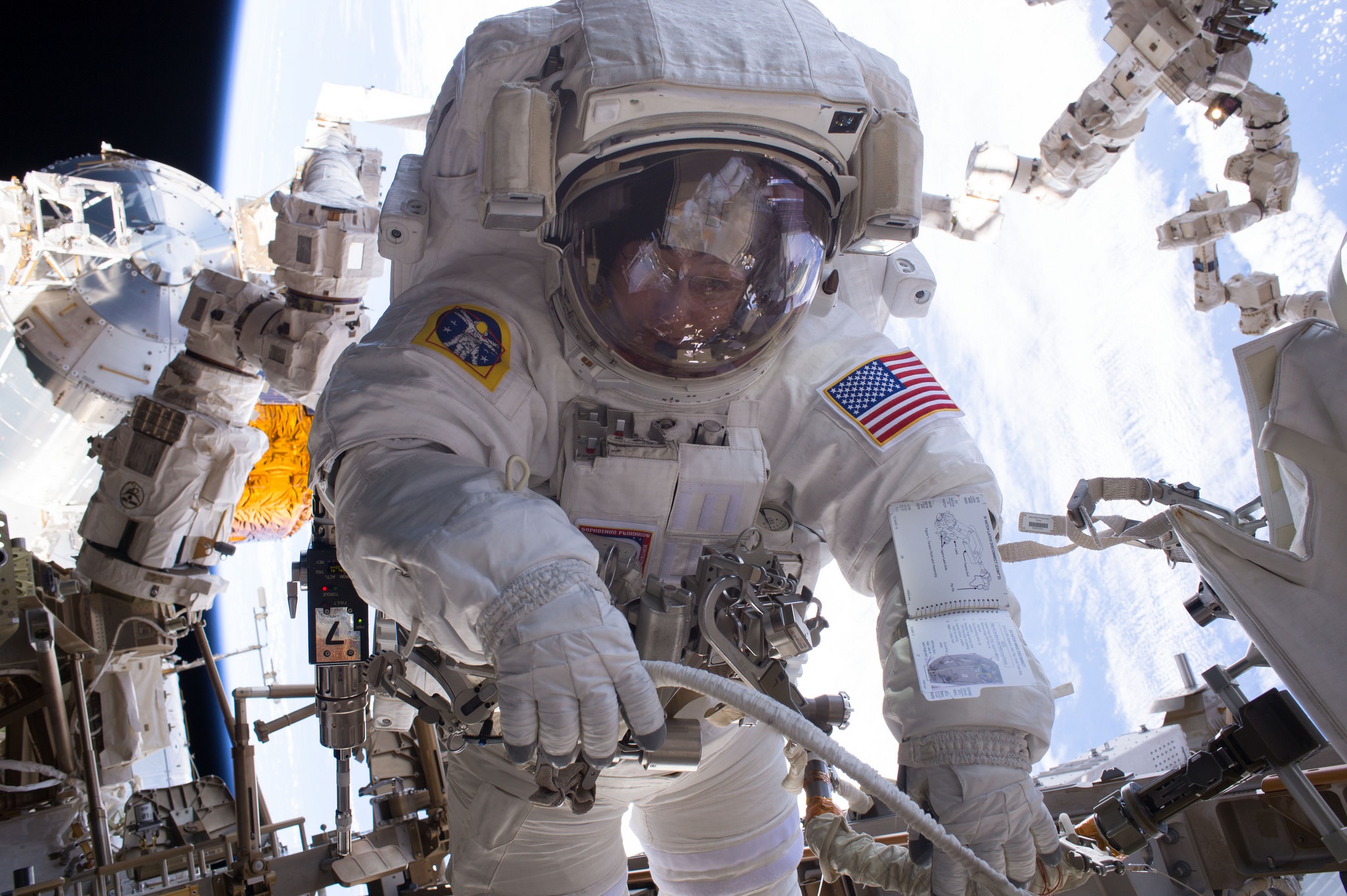In a recent study that looked at astronauts’ bones, kinesiologists Leigh Gabel and Steven Boyd from the University of Calgary discovered that prolonged time in space induces bone degeneration that never entirely reverses.
This could be a serious issue if our future is in space. Despite the fact that bone loss occurs naturally as people age, the study reveals that astronauts who fly for extended periods of time likely to lose bone density permanently.
The results, which were reported in the Scientific Reports journal, demonstrated that certain astronauts who went on missions that lasted less than six months recovered bone strength and density in the lower body more quickly than those who travelled for longer periods of time. According to the team from the University of Calgary in Canada, this loss occurs because bones that would typically be weight-bearing on Earth, like your legs, don’t have to carry weight in microgravity, so you basically float.
The participants in this study were those who have spent three months or more in long-duration space missions. Gabel and Boyd assessed 17 astronauts (14 males and 3 women) before and after a 6–12 month space mission in collaboration with NASA’s Johnson Space Center in Houston in 2015.
Before the astronauts left for space, when they returned to Earth, and then six and twelve months later, the researchers examined their wrists and ankles. In order to ascertain how the “failure load” had altered, the scientists also examined the mineral composition and density of bones.
Only one of the astronauts in the research had a bone density recovery after spending a lot of time on Earth. The lower extremities of the other patients exhibited the greatest density decrease, with the arms eventually returning to normal after roughly a year. Before spaceflight, the astronauts’ tibias’ average failure stress was 10,579 newtons; after the mission, it was only 495 newtons. After a year, they had somewhat recovered but were still down on average by 152 newtons.
The researchers also observe that individuals who spent more time in space experienced higher declines in bone strength. Less bone density was restored in astronauts who spent more than six months aboard the International Space Station. This implies that long-duration missions, such as those envisioned for the Artemis Program, may eventually have detrimental effects on astronaut health. It also begs the question of how long-term survival of humans would go in a place with less gravity than Earth, such the Moon or Mars.
The study’s next iteration will examine the impacts of even longer voyages and support astronauts who may someday travel beyond the International Space Station as future space missions investigate travel to more distant regions.




 Ms Kalinga AI
Ms Kalinga AI